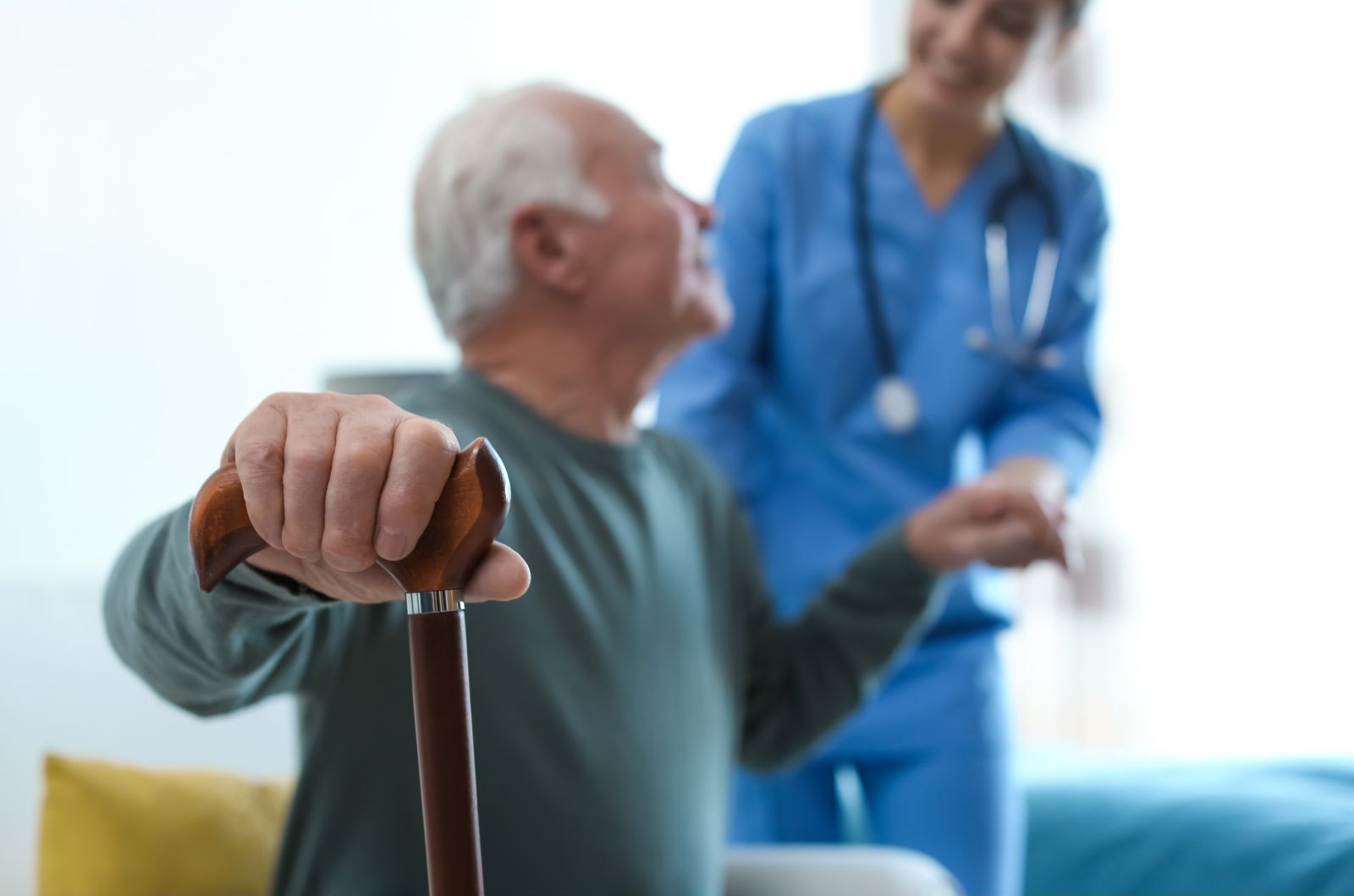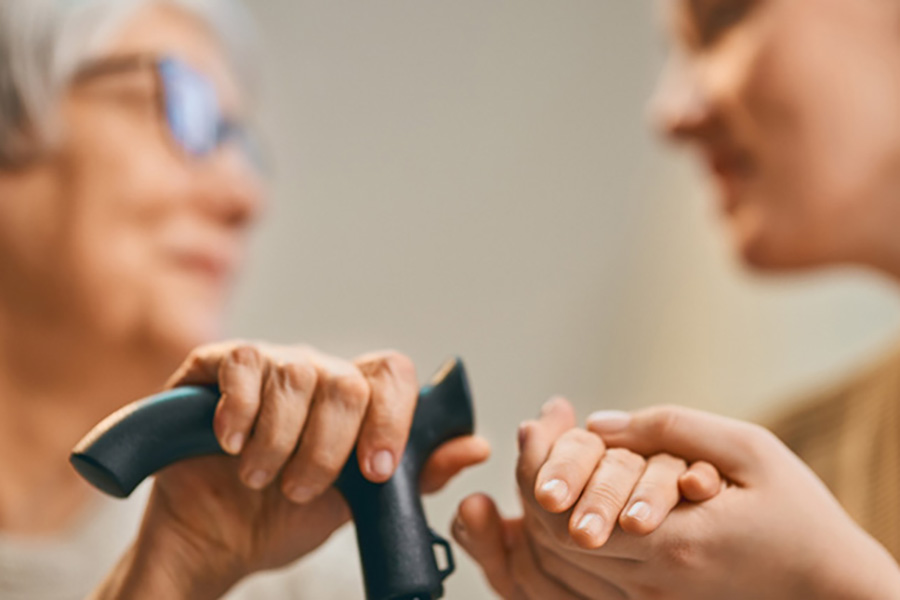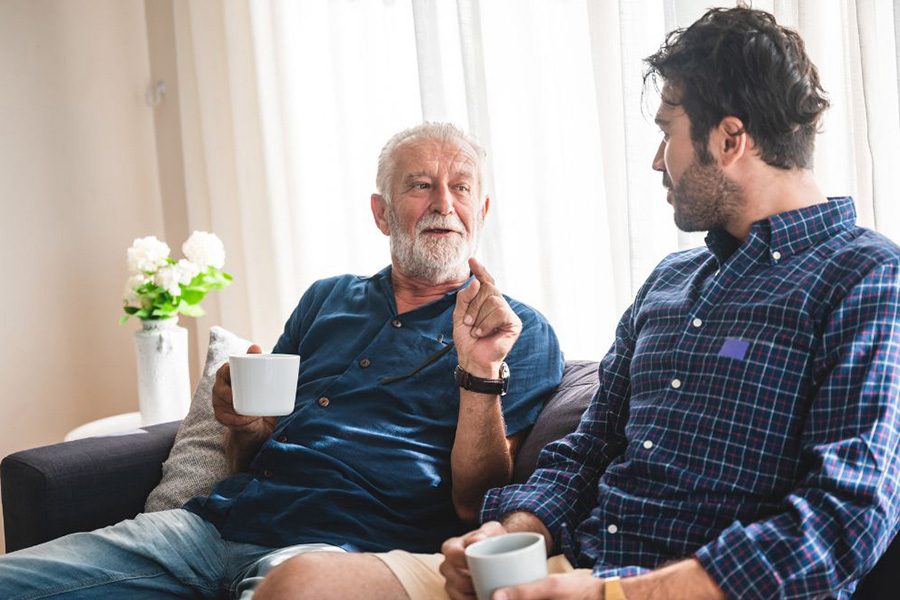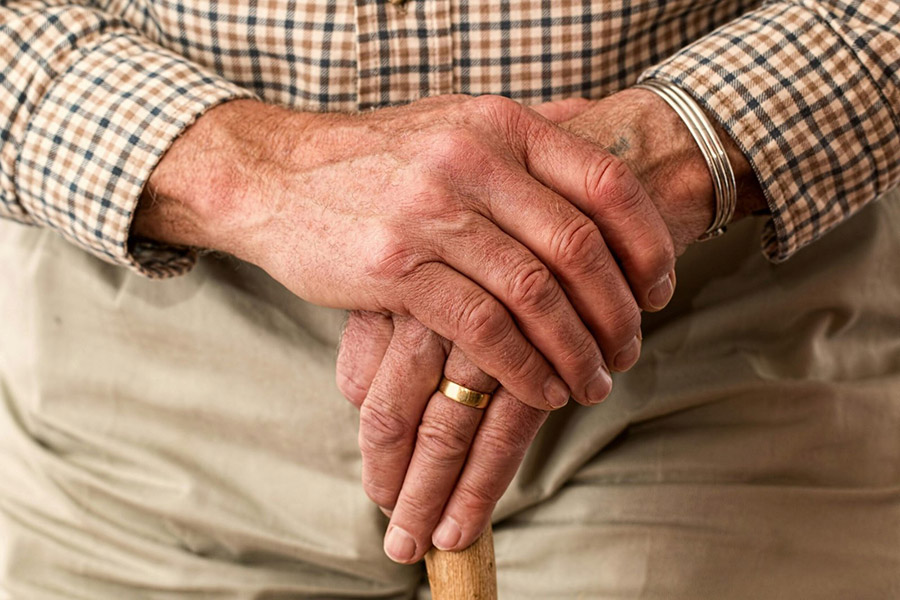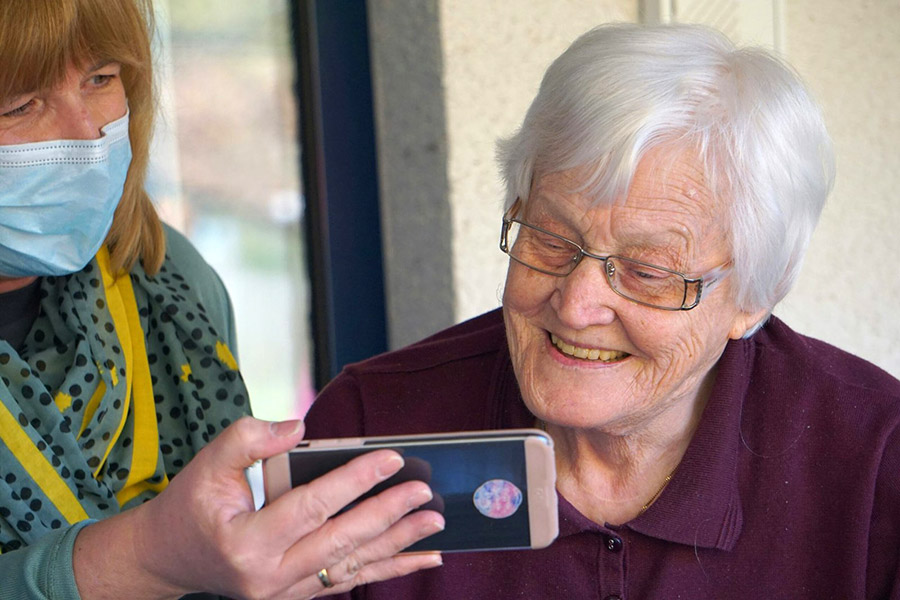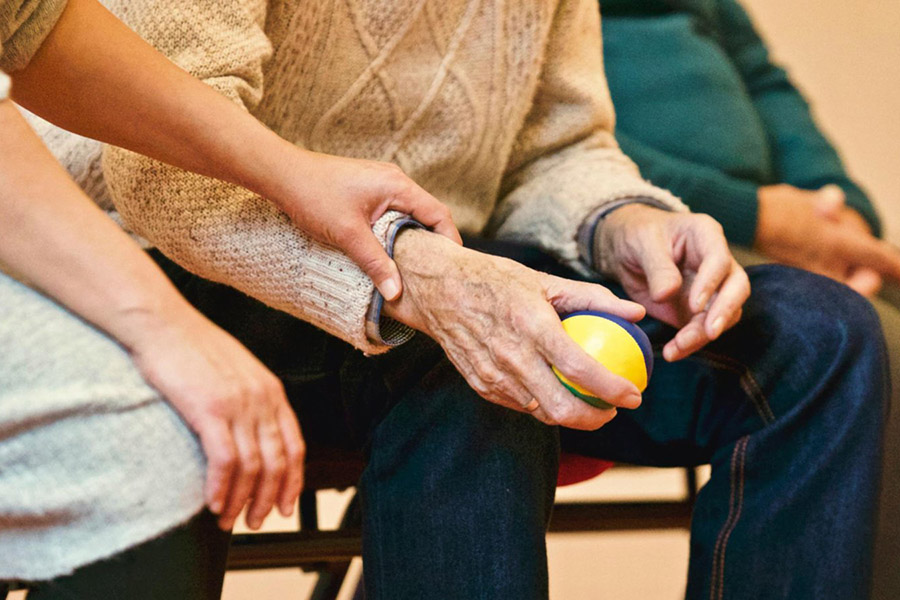When an aging parent or loved one comes home from the hospital, relief is often followed by a wave of questions. Who’s going to help them get around? Will they remember their medications? What if they fall again?
Discharge day might feel like the end of the crisis, but for many families, it’s just the beginning.
At Lucent Health Group, we talk to families every week who didn’t realize how much support would be needed after a hospital stay. Whether your loved one is recovering from a stroke, surgery, or a fall, non-medical home care can make the transition smoother, safer, and far less overwhelming.
This is especially true when recovery involves something as complex as stroke rehabilitation or senior post-surgery recovery support. Tasks like getting dressed, managing medications, or remembering follow-up instructions can be difficult in the early stages. For those needing non medical home care after stroke elderly patients, even simple movements can become overwhelming without trained assistance. Having reliable help in these moments isn’t just comforting, it’s essential to a safe recovery at home.
Why the First Few Weeks Matter So Much
The days and weeks after a hospital discharge are critical. Studies show that seniors are more likely to be re-hospitalized during this time, especially if they’re navigating recovery without daily support.
Even when a discharge plan is in place, it often assumes someone at home can help with mobility, meals, hygiene, and medication reminders. That’s not always realistic. And if your loved one is coming home alone, the risks grow.
Bringing in home care after hospital discharge provides stability during this fragile window. It’s not just about safety, it’s about helping your loved one regain confidence and comfort, right at home.
What Home Care Can Help With
Every recovery is different, but here are some of the most common ways families use in-home support:
- Fall prevention: Helping with mobility, walking, and transfers
- Medication reminders: Keeping doses on time and preventing missed pills
- Meal prep: Ensuring proper nutrition to support healing
- Bathing and hygiene assistance: Respectful help with personal care
- Monitoring for signs of decline: Noticing changes before they become emergencies
- Companionship: Reducing feelings of isolation that often follow a hospital stay
This kind of non-medical home care is especially helpful for stroke survivors and older adults recovering from surgery. It’s tailored to the individual, supporting their daily routines while keeping a close eye on health and emotional well-being.
It’s Not About Taking Over—It’s About Supporting Recovery
For many seniors, being home means everything. But after a hospital stay, even getting out of bed can be a challenge. Home care gives families peace of mind and gives seniors the chance to heal without losing independence.
Support can start small—just a few hours a day—and increase only if needed. Many families are surprised at how quickly in-home care becomes a natural, welcomed part of the healing process.
You Don’t Have to Do It Alone
If you’re preparing for your parent’s return home, it’s okay to feel unsure. Most families haven’t been through this before and most hospitals don’t fully prepare you for what comes next.
Lucent Health Group works with families across North Texas to ease this transition. Our caregivers are trained, compassionate, and ready to help your loved one recover in the comfort of home.
Need help figuring out what level of support might be right? Let’s talk. A short call can make a big difference in the road ahead.
One Last Thought
One more thing families often overlook is emotional recovery. After a hospital stay, seniors may feel anxious, disoriented, or even depressed, especially if they’ve experienced a fall or stroke. Having a consistent caregiver who offers companionship and gentle encouragement can make all the difference. It’s not just physical help; it’s a familiar face showing up each day, which can restore a sense of normalcy and hope.
Reach out today. We’re here to listen, guide, and help when you’re ready.
